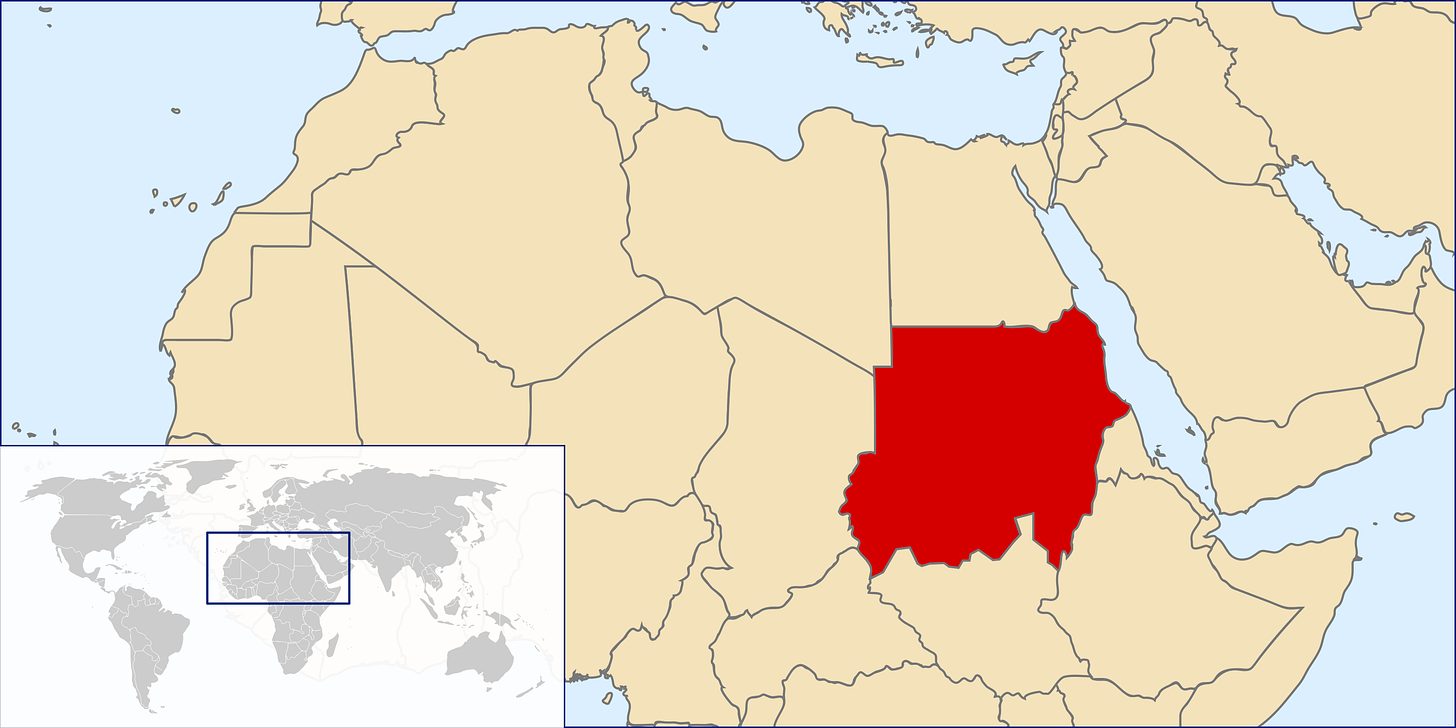Image of the Day
Good Morning from Addis Ababa, Ethiopia

Spotlight Stories
Abidjan's Fashion Week: Champagne, Couture, and a Comeback Story

Abidjan is reclaiming its spot on the fashion map with its first-ever Fashion Week, and let's just say they didn't come to play.
Fashion designer Elie Kuame, rocking his signature braided headband, pulled out all the stops for this four-day extravaganza. With a €482,000 budget, he transformed the chic Donwahi art gallery into a runway wonderland, where haute couture met African creativity.
It wasn't your average fashion show – think less street style, more "Moët & Chandon is the official drink" vibes. Tickets ranged from €91 for a beachside brunch (casual) to €380 for the full VIP experience. The crowd? A who's who of Abidjan society, including football legend Didier Drogba's partner and beauty queens galore.
The event showcased the crème de la crème of African design: Congo's Talansi with their majestic raffia creations, Ghana's Kwaku Bediako turning cocoa sacks into couture, and Nigeria's Emmy Kasbit serving "urban chic" realness. Not to be outdone, Ivorian designers brought their A-game with Ibrahim Fernandez's black lace and seashell masterpieces stealing the show.
Abidjan used to be West Africa's fashion capital from the '60s to the '90s before losing its mojo. But if this Fashion Week is any indication, they're not just coming back – they're coming back with style.
As Kuame puts it, with the confidence of someone who just pulled off a major fashion coup: "One day, you'll see Ivorian designs in luxury boutiques from New York to Seoul."
Sudan's Civil War: The Grim Task of Counting the Dead
Sudan's civil war has been raging for 18 months, but you'd be forgiven for not knowing much about it. After all, it's not exactly been hogging the media spotlight. But just because it's not trending on Twitter doesn't mean the devastation is any less real.
The conflict, which kicked off in April 2023 between the Sudanese Armed Forces and the paramilitary Rapid Support Forces, has displaced over 14 million people and carved up the country.
But, just how many lives has this conflict claimed?
Well, that's where things get tricky. Counting the dead in a war like this one is near impossible – there are just too many variables.
First, there are the direct deaths – the people killed by the actual fighting. Then there are the indirect deaths – those who die due to the knock-on effects of war, like lack of healthcare, food shortages, and disease outbreaks. Trying to get a handle on these indirect deaths is as hard as it sounds.
U.S. special envoy to Sudan Tom Perriello summed it up accurately in congressional testimony, noting that there could be anywhere between 15,000 and 150,000 deaths. That's quite a range. And not super helpful.
But the authors of this article estimate that there have been around 62,000 total deaths in Sudan. Find out how they went about this calculation by following this link.
When a Mega-Meteorite Landed in South Africa and Made Waves (Literally) on Early Earth

Imagine you're a tiny, single-celled microbe just chilling in the primordial oceans of early Earth, when suddenly - WHAM! A space rock the size of a small country smashes into the planet, unleashing a tsunami that makes the 2004 Indian Ocean disaster look like a kiddie pool.
That's exactly what happened 3 billion years ago when the S2 meteorite, a behemoth 200 times larger than the one that wiped out the dinosaurs, struck our young planet. The impact gouged out a 500km crater, boiled the oceans, and sent a cloud of molten rock droplets raining from the sky. Talk about a bad day!
But instead of annihilating all life, this cosmic catastrophe actually helped early microbes thrive! The research team found that the violent disturbances churned up vital nutrients like phosphorus and iron, essentially fertilizing the oceans for these hardy little organisms.
Getting to the bottom of this ancient mystery was no easy feat. A team of researchers trekked into the remote mountains of South Africa, armed with sledgehammers and accompanied by gun-toting rangers to ward off curious elephants and rhinos. They chiseled off hundreds of kilograms of rock, with the most precious samples hitching a ride in Prof Drabon's luggage.
The team's findings add to a growing view that the barrage of space rocks pummeling early Earth actually played a crucial role in the development of life. The journal, PNAS, has more on this.
Food for Thought
“One who does not get lost by night, will not get lost by day.”
— Nigerian Proverb






Abidjan is reclaiming its spot on the fashion map with its first-ever Fashion Week, and they didn't come to play!
Thanks for sharing @Oluwatobiloba!